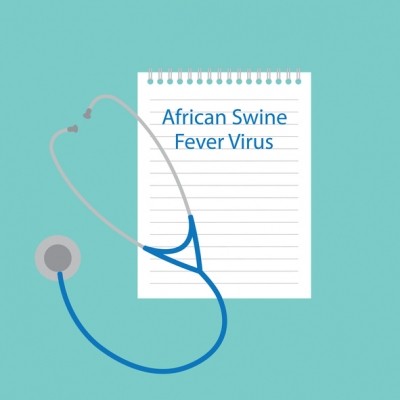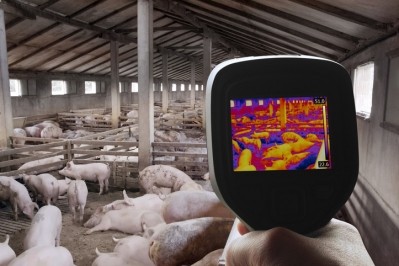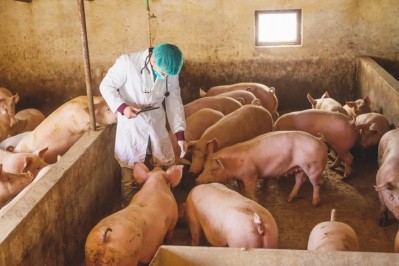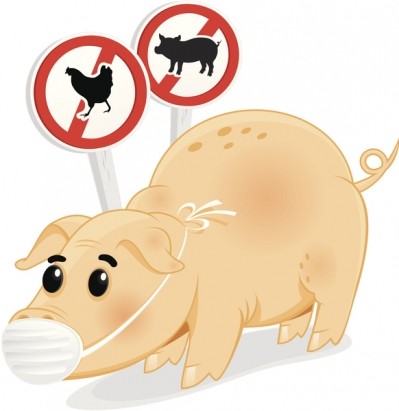Tests performed by Chinese authorities on a suspect feed did not show ASF contamination
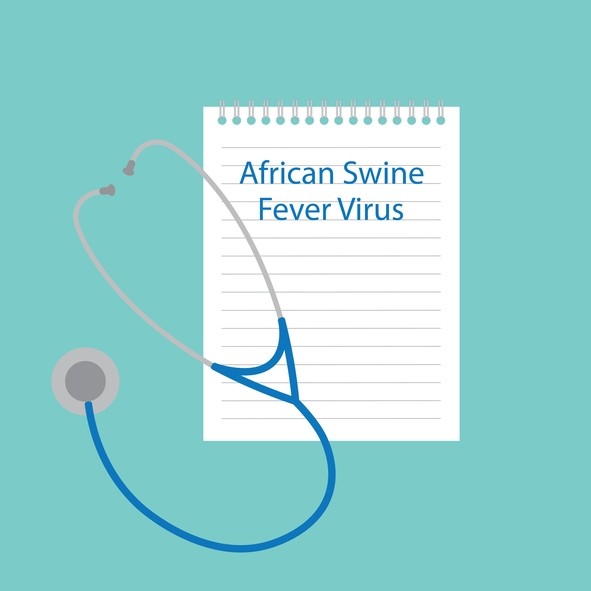
An earlier story filed by Reuters had noted how the Chinese feed company revealed on Sunday (November 11) that authorities in the eastern Anhui province of China had reported finding what they suspected was ASF in feed made by its subsidiary, Bili Meiyingwei Nutrition Feedstuff.
However, in a subsequent statement to the Shenzhen Stock Exchange, Tangrenshen said the Chinese officials had notified its subsidiary on Monday afternoon that their tests had failed to confirm the presence of the ASF virus in any of the raw material or finished product samples collected the previous week.
'Handle with caution'
The European Feed Manufacturers’ Federation (FEFAC) has weighed in on this story.
The EU feed industry representatives said the test results shows that any information pointing to feed as a cause of infection with the ASF virus must be handled with caution. In such reported incidences, all aspects must be analyzed before any conclusions are drawn, such as the origin of the samples, the actual contamination pathway and the stage of the chain that contamination could have occurred, from feed ingredient supplier, to feed mill, to transport, to farm.
FEFAC said it has been regularly reviewing and updating its risk analysis, taking into account the latest risk assessment advice by public risk assessment bodies and the experience gained by feed industry organizations in the EU and worldwide.
“It must be stressed, in particular, that risk assessment by EFSA does not point to animal feed as a cause for virus transmission, with the noticeable exception of feeding pigs with catering waste. The conclusion drawn by FEFAC is that the risk of commercial feed being intrinsically a vector of transmission of ASF is negligible insofar as effective biosecurity measures are in place all along the chain, in particular for feed transport in infected zones.”
FEFAC said the European and global feed industry would continue investigating the latest scientific publications on effective processing technologies that can inactivate viruses, on reliable detection methods and on sampling methods for feed in cooperation with chain partners and risk assessment and management bodies at national and global level.
The trade group also reiterated about how critical it is to make sure that no catering waste is used in the EU to feed pigs, as required by EU law since 2002.
